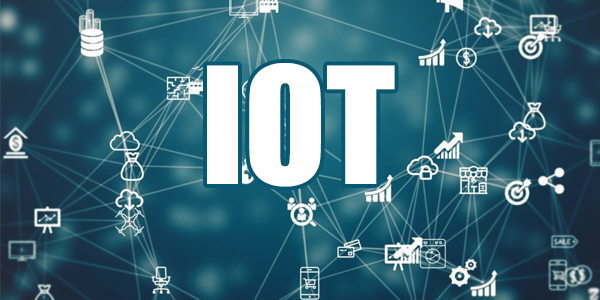From opening a door to regulating a whole lot of electronic devices at home with remote devices or simply by voice commands, Internet of Things has changed the way lives are lived in the modern world. But there is a flip side also – the smart devices being vulnerable to cyber-attacks. It is good that manufacturers have realised the seriousness of the problem and are now focusing more on strengthening the security of such devices.
A toaster controlled by computer, which was demonstrated by software engineers John Romkey and Simon Hackett at a networking conference in San Francisco in 1990, was the forerunner of what we know today as Internet of Things. The term, Internet of Things, was actually coined nine years later by British technology pioneer Kevin Ashton, who described the different sensors as the eyes and ears of the computer.
Since then, the progress in the field of IoT has been gradual, but steady. It was not until 2014 when Amazon, one of the Big Five companies in the US information technology industry, launched ‘Echo Dot’ in the market. This IoT-based smart speaker popularised the IoT-based products among the youth. As a result, the world saw a boom in the sale of products that can control a smart home with voice commands.
- Amazon’s Echo Dot smart speaker popularised IoT-based products among the youth. As a result, the world saw a boom in the sale of products that can control a smart home with voice commands.
- IoT-based products can not only sense the mood and requirements of a human being but also interact and provide smart suggestions. With the help of smart sensors, IoT has the ability to inter-connect all the physical products virtually.
- Despite being a boon to humankind, IoT has some serious disadvantages as well. In 2016, Mirai botnet infected over six lakh IoT-based devices. Similarly, another virus Krack infected almost every connected IoT device in the world.
The IoT-based products can interact with humans with the help of Artificial Intelligence (AI). These products can not only sense the mood and requirements of a human being but also interact and provide smart suggestions. With the help of smart sensors, IoT has the ability to inter-connect all the physical products virtually.
Despite being a boon to humankind, IoT has some serious disadvantages as well. In 2016, Mirai botnet infected over six lakh IoT-based devices with its malware. Similarly, another virus Krack infected almost every connected IoT device in the world. Although most of the devices that are connected to the Internet are vulnerable to hackers, computers and mobile phones are safer as they are regularly provided with patch updates to safeguard them from being hacked. However, IoT-based devices like smart doorbells, CCTV cameras and smart refrigerators etc. do not receive such updates that frequently. As a result, billions of IoT-based devices are subjected to cyber-attacks every year, leading to massive economic losses.
As IoT has made human lives easier by performing tasks automatically or just by a voice command, manufacturers are now focusing more on strengthening the security of smart devices that run on this advanced technology. Some have even started providing regular software updates to keep the I-T-run devices safe from the hackers. That, surely, is a good beginning!












